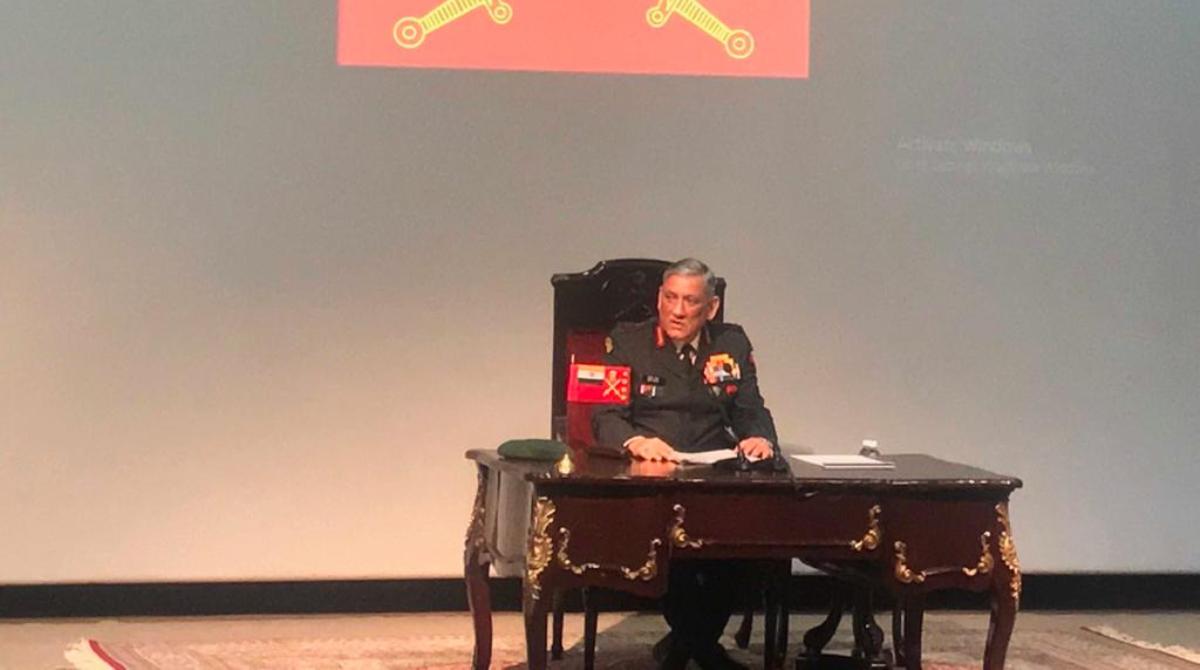Army chief General Bipin Rawat triggered a hornet’s nest on Thursday by stating that the Indian Army is not ready to accept homosexuals in service as the institution is conservative.
“For LGBT (lesbian, gay, bisexual and transgender) issues, in the Army these are not acceptable,” he said during the annual press briefing in New Delhi.
Advertisement
Though homosexuality was decriminalised by the Supreme Court in 2018, the Army chief insisted that “all this won’t work here”. He accepted that the law is above the Army, but added that the armed forces have some independence under the Constitution.
“We are neither modernised, nor westernised. LGBT issues are not acceptable to us,” he said, adding, “We will still be dealing with them under various sections of the Army Act.”
The Army chief’s comment is likely to trigger a controversy especially since the apex court struck off parts of the archaic Section 377 of the Indian Penal Code which had made homosexuality a punishable offence. Yet homosexuality remains a punishable offence under the laws of the armed forces.
The General had earlier triggered a major controversy when he stated during a televised interview that the Army is not ready for women in combat.
Speaking to media persons in New Delhi today, the Army chief also said that there are around 300 terrorists on the other side of the Line of Control (LoC) waiting to infiltrate into India.
Commenting on the situation in J-K, Gen Rawat said that the Army the state needs to be brought under better control.
“We’re adopting hard power and soft power approach,” he underlined, adding that the force are only facilitators for peace in J-K.
He said that the J-K is a bilateral issue between two nations and there is no place for third party intervention.
“We’ve to talk on our terms and conditions. Our terms and conditions are very clear. Come to negotiation table and let’s start talking, but shun the gun and give up violence,” he said.
Defending the Army’s actions in the Valley, Gen Rawat said, “Indian Army as a professional army does not target civilians intentionally, but we do know there are terrorists operating from that soil (western neighbour) who attempt to cross the border. So, it is very difficult to identify between a civilian and a terrorist.”











